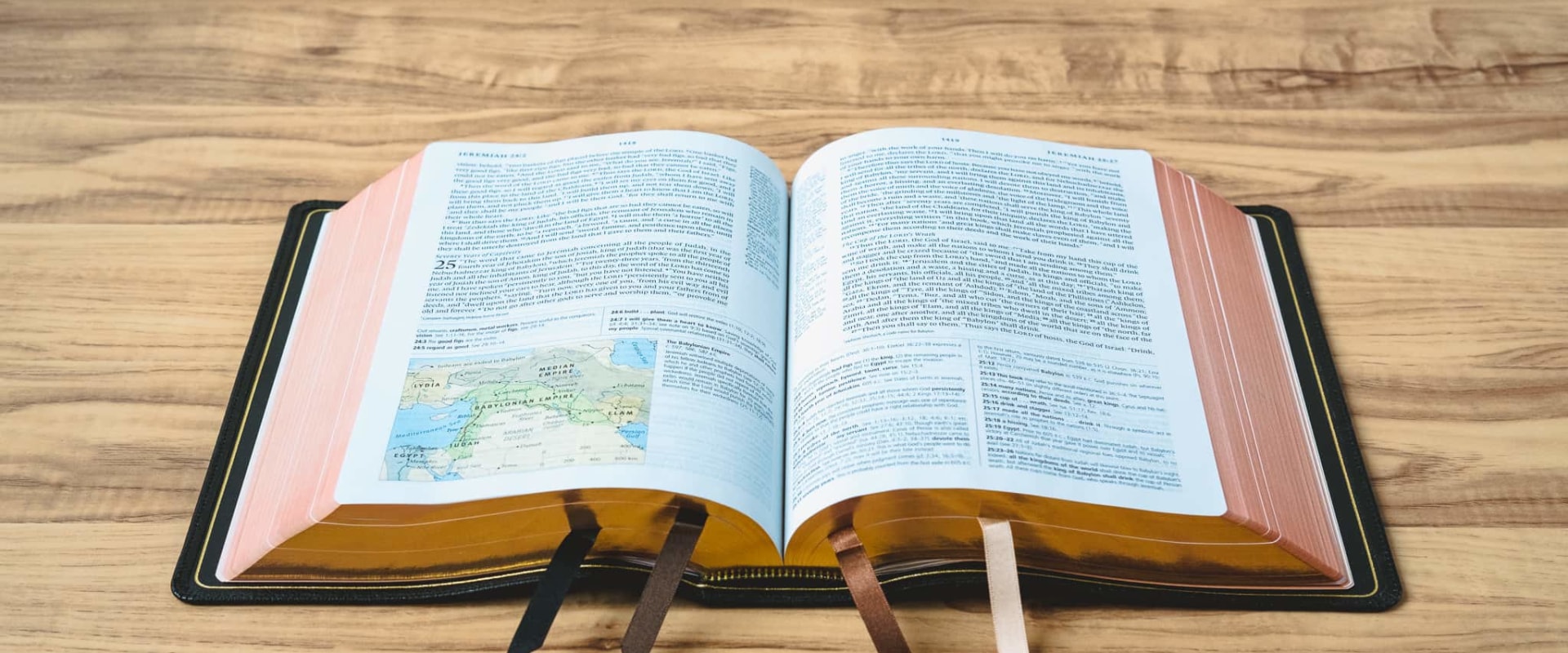Study Bibles give you a deeper understanding of God's Word with tools for life application such as commentary, graphs, concordance and study notes, NIV Study Bibles · Scofield Study Bible · Fire Study Bible · Hebrew-Greek Keyword. Search to find your main topic or topics. Whether you're a new believer, a lifelong Christian who is just starting to explore the Bible, or you're just looking out of curiosity, reading the Bible for yourself for the first time can be intimidating. I know how difficult it is to find resources that explain what you need to know without overwhelming yourself.
Or, what's worse, make you feel like you'll never, never get it. But you can and will. Today, I want to show you some different methods of Bible study that can help you learn how to start studying the Bible. But first, let's establish some basics.
NRSV (New Revised Standard Version) — This is a very similar translation used by most scholars and Bible scholars. If you ever want a study Bible or want to see the closest translation of the text, this is a good place to go, but some of the languages can be difficult for newer readers to understand. The Message (MSG) — This is a translation of the Bible that focuses on being understandable to today's public rather than being an exact translation of the text. This can be an excellent and easy-to-read supplement to reading the Bible to help you understand your modern English verse.
If you need free resources while navigating how to study the Bible for beginners, check out some of these. The following apps and websites are great free add-ons to your bible study. They can help you get more context or information from your reading. Grab your pens, pencils, markers or notebook.
If you're a visual learner, bible verse mapping may be right for you. The basic idea is to take a single verse from the Bible and divide it visually. There are different ways to do it; here are some examples from my experience and from the Internet. You can read more about them here.
First, I read the passage slowly, underlining interesting phrases, placing boxes or circles around the main keywords, and adding wavy lines under things that confuse me or that I find curious. After finishing a page or reading section, I write my personal meal on a sticky note. It's usually a lesson I can apply to my life or something to remember that I learned about God that day. I guess my first real question is, where do you start? How do you know which page, act, verse, book to start reading? For example, if I want to go deeper into a topic, or something that worries me, how do I know where to open my Bible? I want to dig into my Bible, but I don't feel like I have any direction and I feel like I need a path.
I'm looking up I want to know where I first start reading the Bible. I really want to learn the word of God. For example, you could say that within the next 10 years you will have studied a certain number of books of the Bible in this way, spending perhaps three hours a week studying (which should not be a substitute for your “quiet time that is separated). I even spent a lot of time reading the scriptures, reading Christian books, and attending Bible studies for beginners.
Thank you very much, but I want to follow you on Twitter or Facebook. I've really made my approach to biblical studies simple. The first was an important compilation of multiple studies, which I started with myself and continued, after discovering how my mother sincerely wanted and needed a framework to study and find in her Bible. I just finished writing (this is how I best learn) my third book of Bible Studies and your post is wonderful.
As I studied the subject of love, I learned that it's more than just a warm and confusing feeling; it's a decision you make every day to treat people the way Jesus would treat them. .



